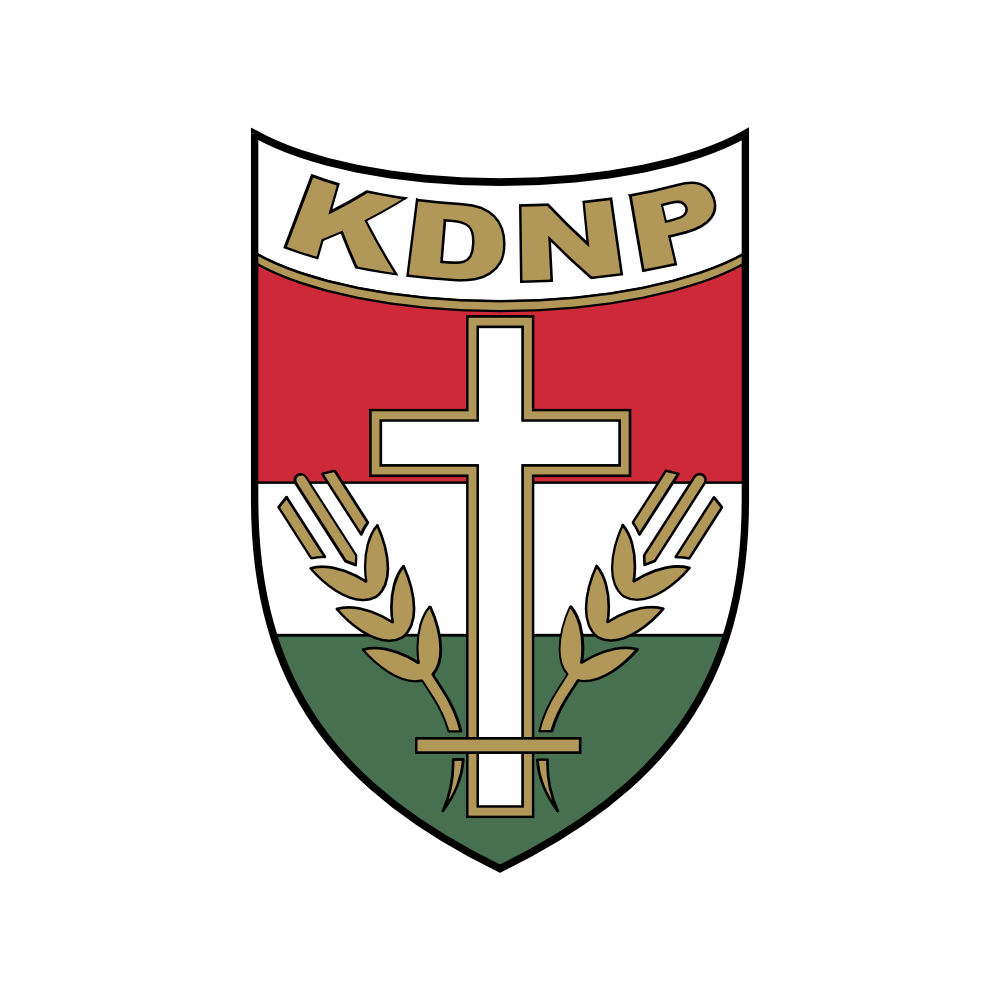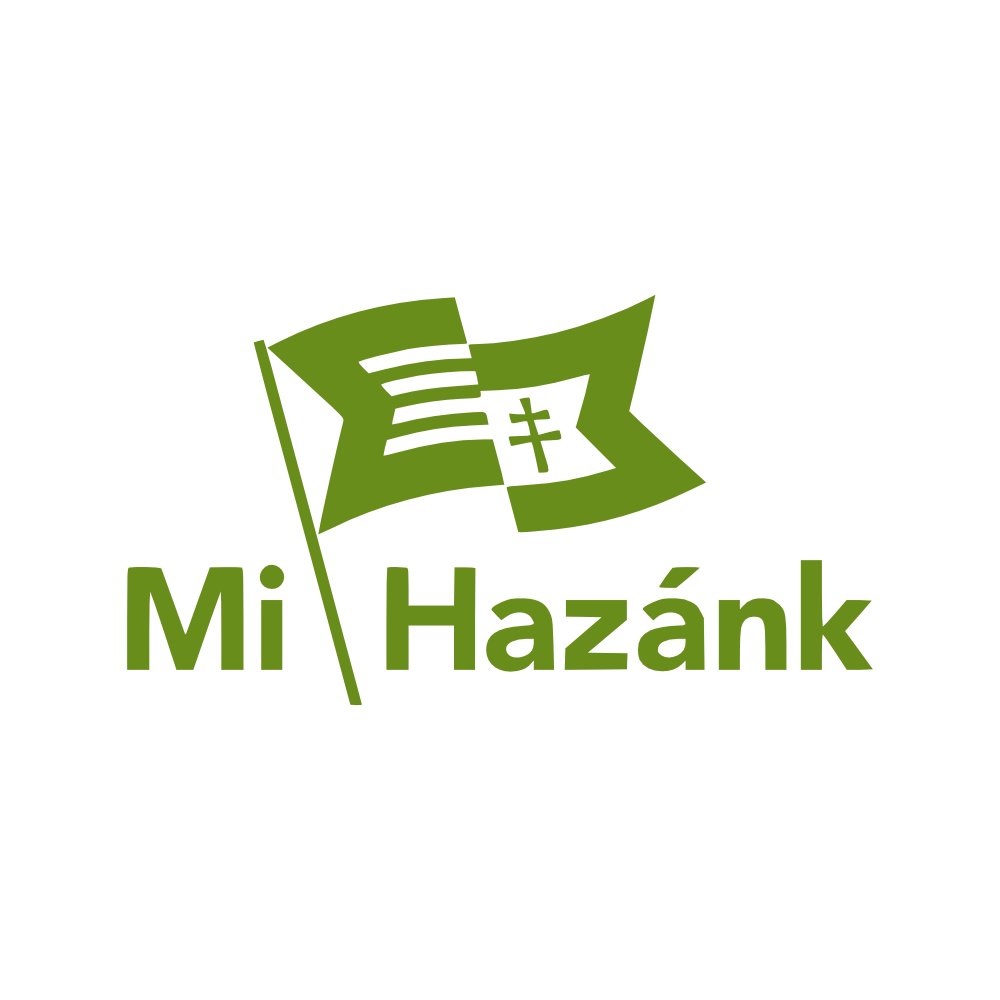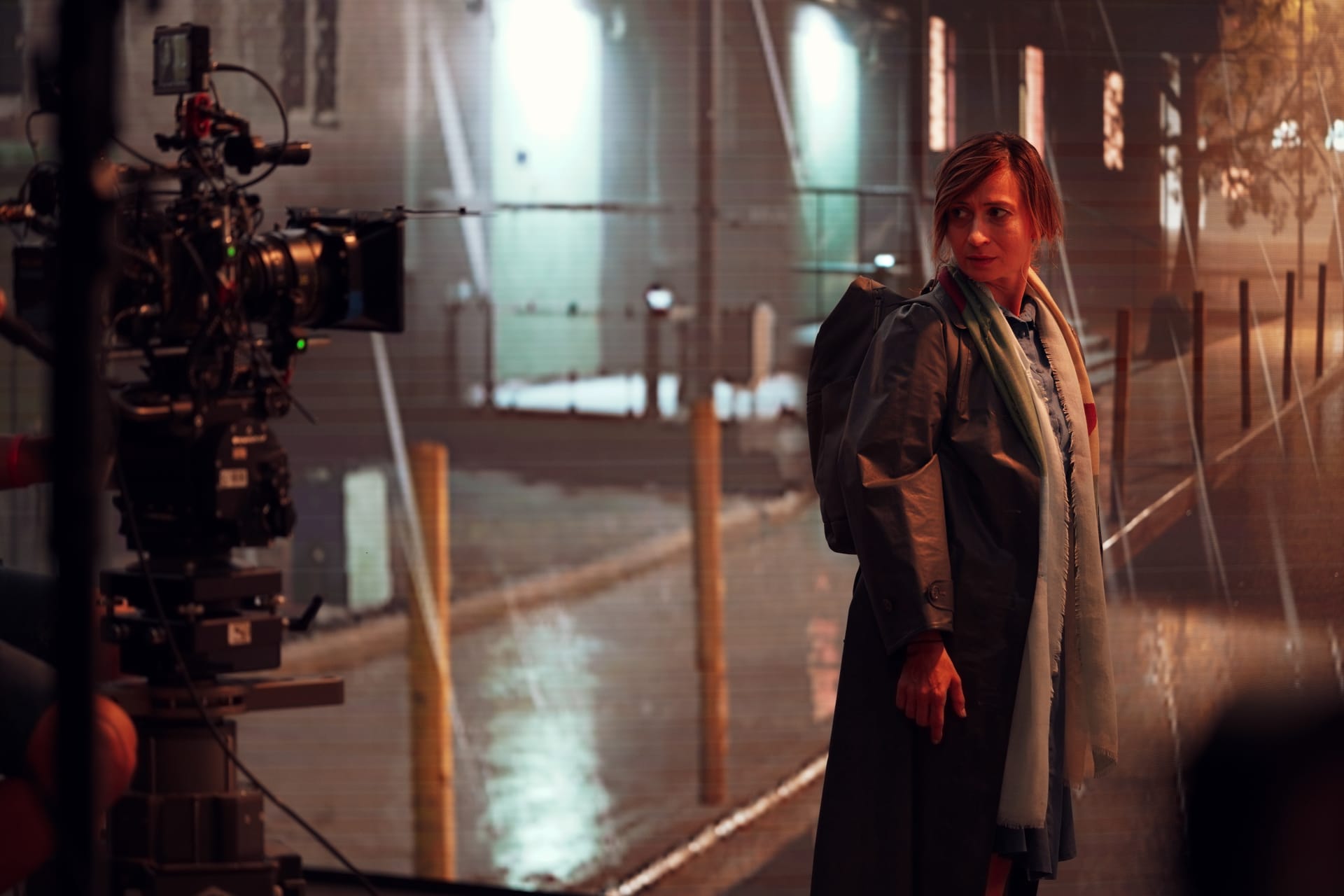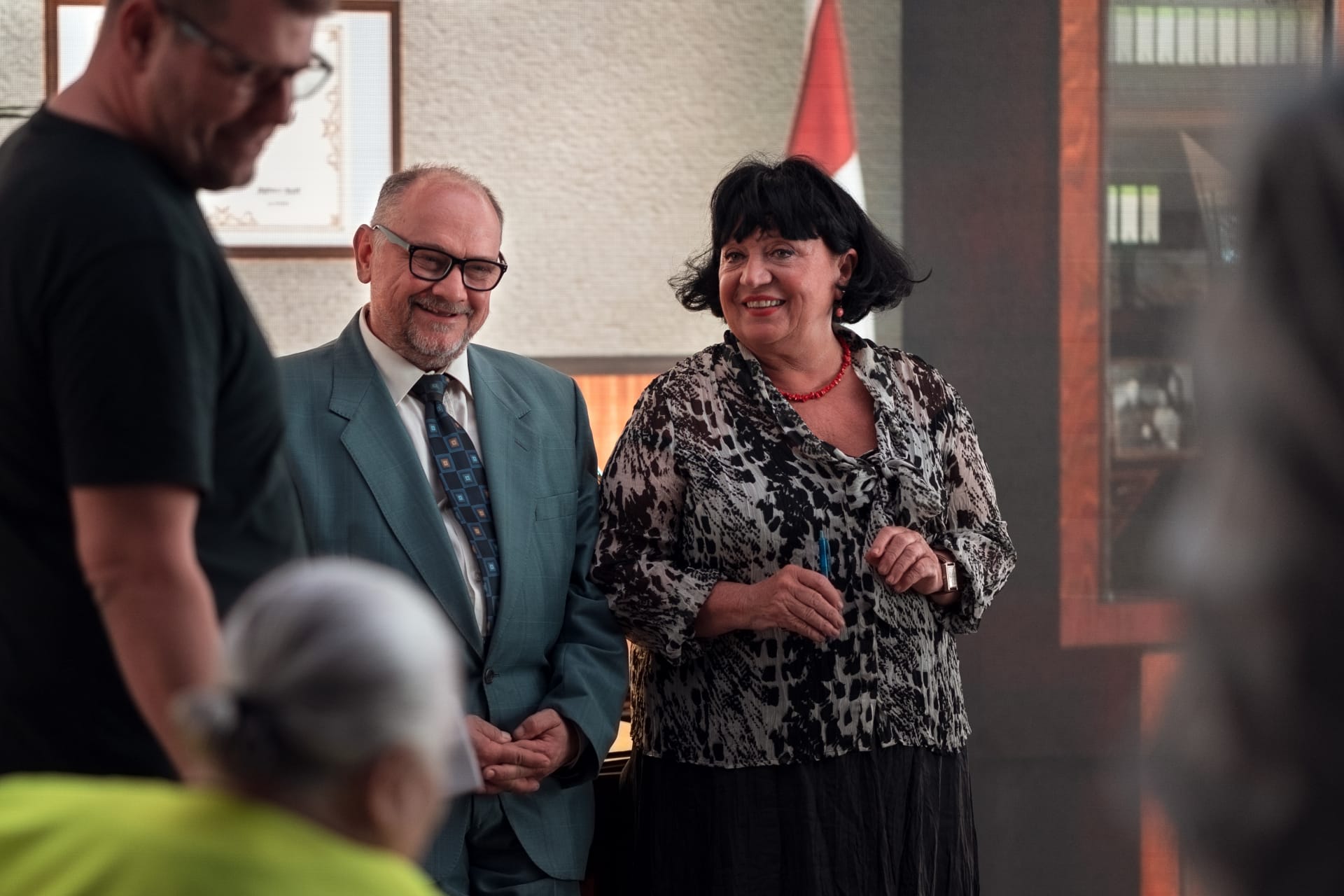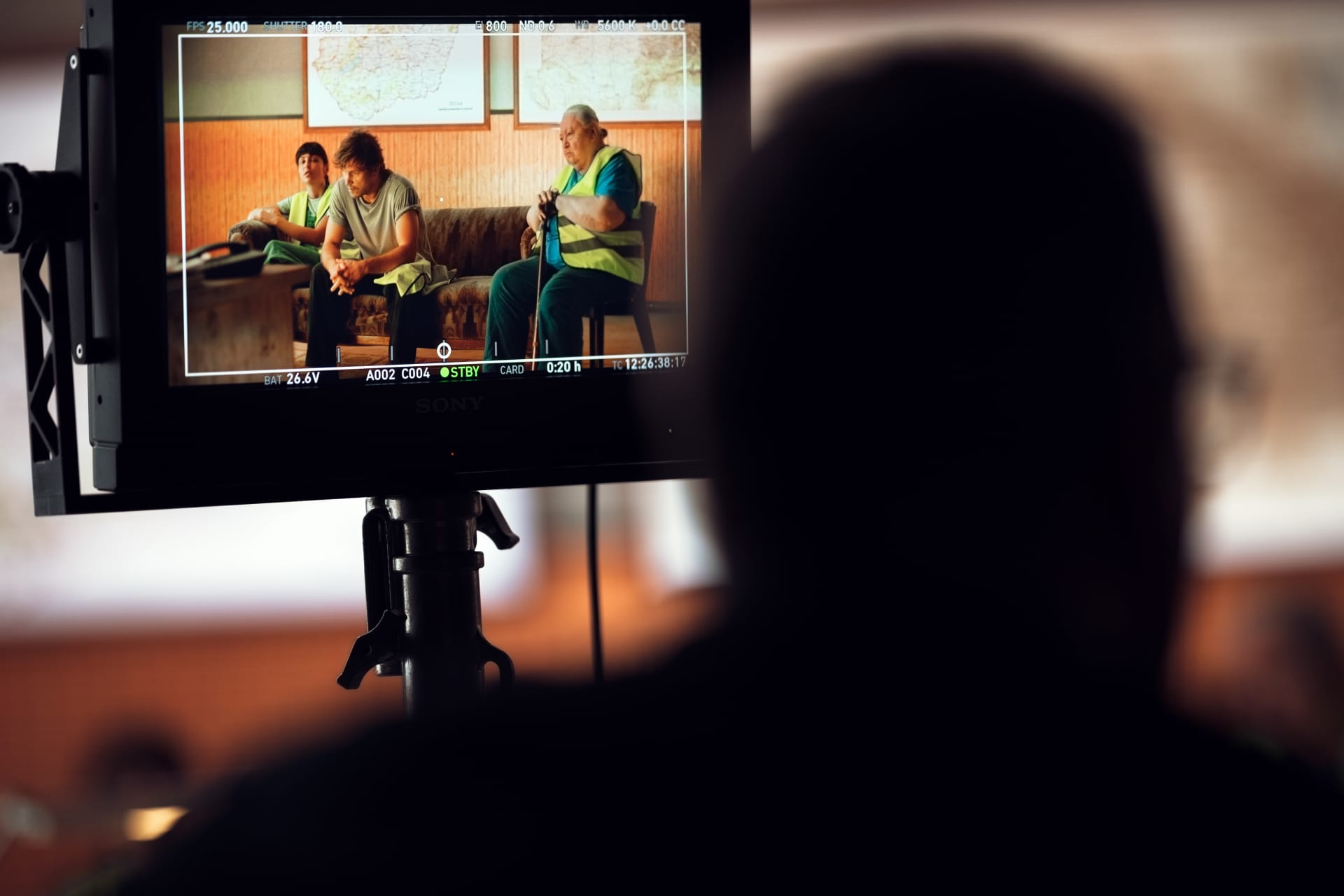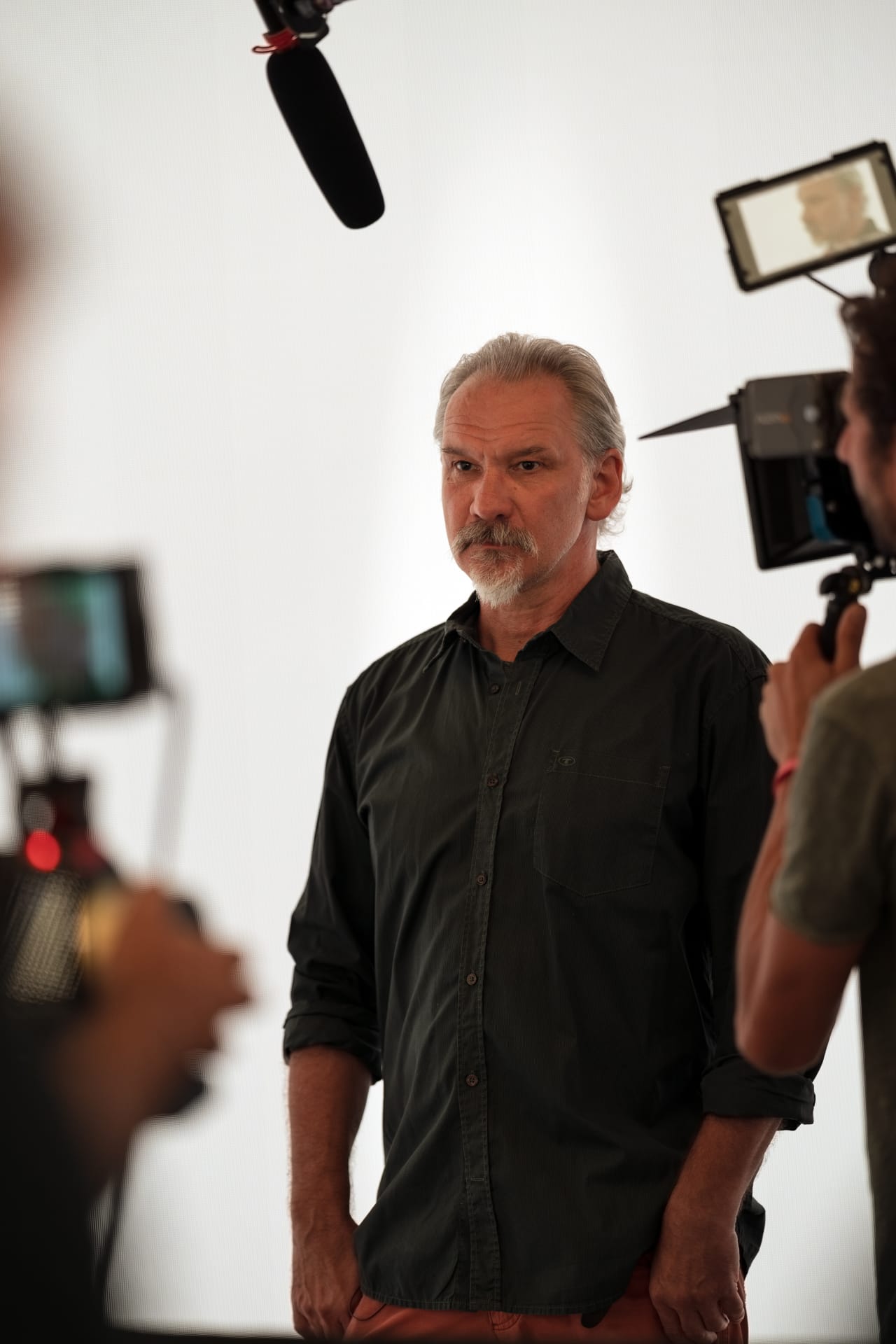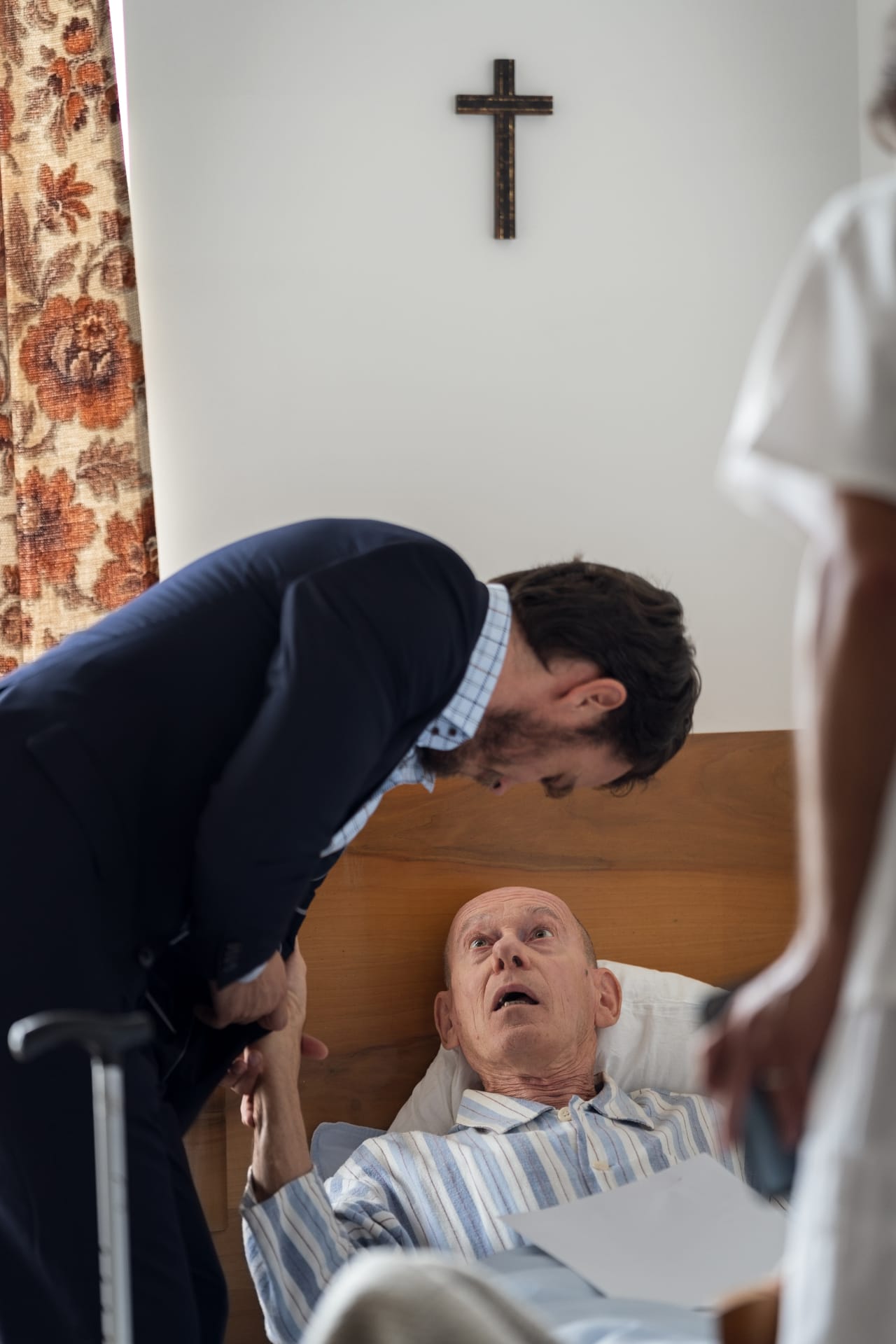The integrity of elections has repeatedly been called into question since the fall of communism.
Making sure that the electoral law is upheld is in our shared interest.
COUNT FOR DEMOCRACY!
Since the 1990s, governments and political leaders have done very little to get Hungarian citizens to understand the importance of their civic duty and shared responsibility that forms the basis of any functioning democracy.
Our nonpartisan civil organization, Unhack Democracy launched the Count for democracy! campaign to inform every Hungarian citizen about what we can do together to protect the integrity of our elections.
HOW CAN YOU BECOME A POLL WORKER?
Here you can find the info on where to apply. We also answer the most frequently asked questions. E-learning
Get trained and obtain a certificate!WHY IS IT IMPORTANT THAT YOU ARE A WELL-TRAINED POLL WORKER?
Read our Investigations!WHY IS IT IMPORTANT THAT YOU ARE A WELL-TRAINED POLL WORKER?
Since 2018, we have collected more than
1000
testimonies of polling station commission members
across
3 different elections.
Our investigations reveal that irregularities
are measurable and
could influence the outcome of the elections,
while
weakening the voters’ trust in the democratic process.
But poll workers often
fail to recognise and record
irregularities.
Poll workers
legtöbbször 3 okból kifolyólag
FAIL
to record irregularities
for the following 3 reasons:
they have poor knowledge of the relevant process;
they are pressured and targeted by verbal abuse;
they are part of the co-dependent system.
The protocol is the first piece of evidence for any violation of the law. Without an official record of the case the possibility of legal redress is lost.
HOW CAN YOU BECOME A POLLING STATION COMMISSION MEMBER?
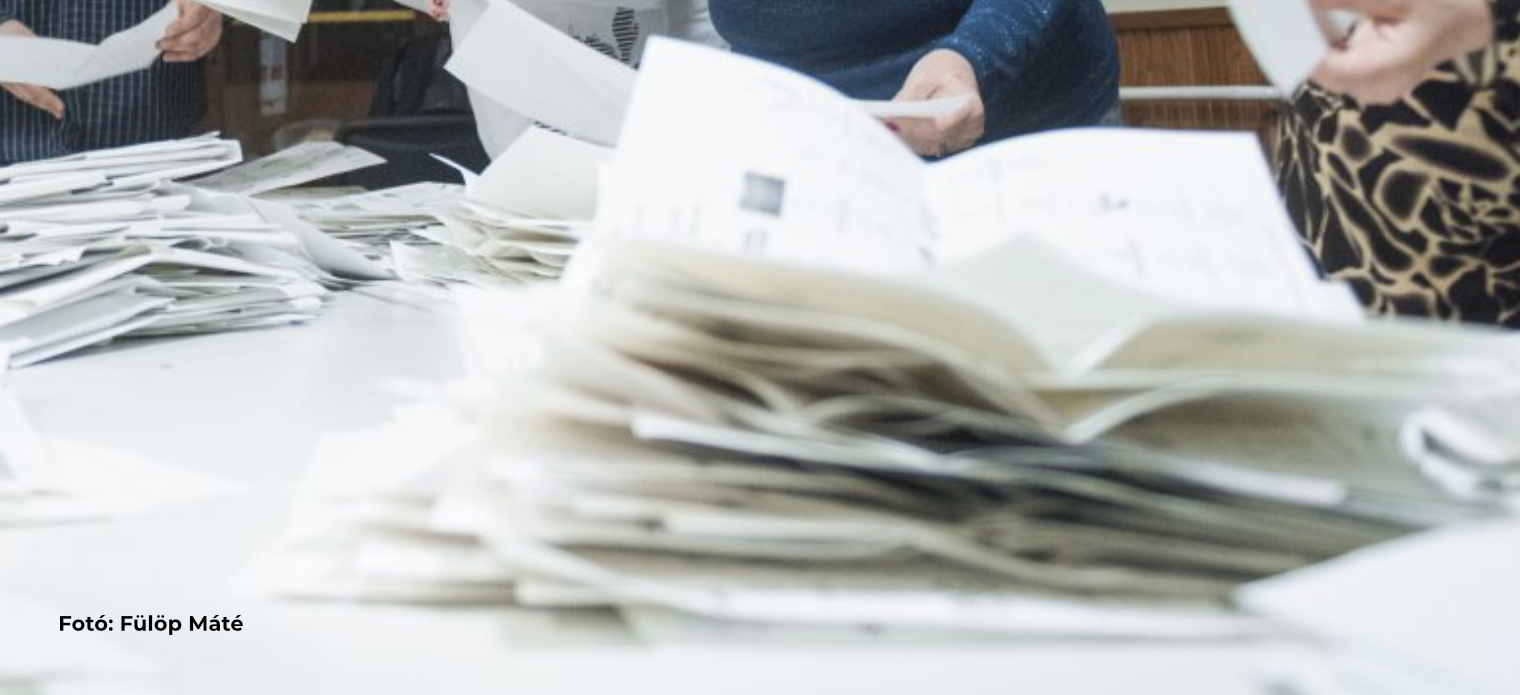
Even though the law only allows you to become a poll worker if you are delegated by a party, an independent candidate or appointed by your local government, by no means does this suggest that you have to give up your non-partisan position.
Choose a party and apply!
Would you like to ensure the integrity of the elections outside of the polling stations?
Join the team of Tiszta Szavazás NGO! Despite ODIHR’s recommendations and Hungary’s obligations towards OSCE, the law has not allowed independent civil observation in the elections since the democratic transition of the 1990s. As a result, there is no civil oversight in the polling stations. But if you as a Hungarian citizen would like to observe the elections on the streets, you can do so with Tisztaszavazas.hu.
What to do if you notice any instance of violation of the law during the campaign or on the day of the elections, in or outside the polling station?
Please contact TASZ (HCLU), who can help you to file your complaint!
What you should know about working at a polling station
1. Get in touch with your chosen party or independent candidate.
2. After you have submitted your application they will contact you and request that you return to them the original conflict of interest statement signed.
3. The polling station commission (PSC) members have to take an oath in person at least two days prior to the elections at the local government where they are delegated to count. This is when the brief training organized by the local election office also takes place, but this is by no means enough to become professionally prepared for the job.According to the law the local government designates and party delegates have the same rights and obligations, with only one difference: the party delegated members do not receive an honorary fee, whereas the appointed members do.
The PSC members appointed by the local governments can only be local residents and they cannot be related to any of the candidates on the ballot.
The party delegated PSC members can count anywhere, independently from where they live; furthermore, they can also be related to anyone on the ballot.Every Hungarian citizen with voting rights can apply to volunteer as poll worker but there are some restrictions.
The president of Hungary, members of the Parliament, Vice Mayors, notaries, members of other election commission, members of the election office, professional and contractual members of the military or candidates cannot be members or the polling station commission.
Moreover, the local government cannot appoint a member for the PSC, who is:
a) a member of a party,b) a member of an organization with a candidate in the electoral district,
c) a relative of a candidate competing in the district,
d) any person who is in a contractual relationship with a governmental body or other public organization with power over the electoral district, with the exception of public servants.
E-LEARNING
Get trained and receive a certificate!
The three-hour e-learning course prepares you, the future poll worker, on how you can ensure the legal conduct of the upcoming elections. Our investigations proved that proper training plays a crucial role in this. This is why we are providing our e-learning material for every citizen and party free of charge.
Upon completion of the eight modules you will receive a certificate that you can present to any party.
Train with us and be the guardian of democracy!
VIDEO CAMPAIGN



THANK YOU!
A special thanks to all the actors, who joined our cause and those professionals who contributed to this campaign with their volunteer work. Without our extended team’s heroic efforts we couldn’t have done this.Bank transfer
Unhack Democracy ASBL
Wise HUF account number:
1260 0016 1655 6483 0862 6282
Wise EUR account number:
BE57 9672 5139 2135 BIC/SWIFT:TRWIBEB1XXX


